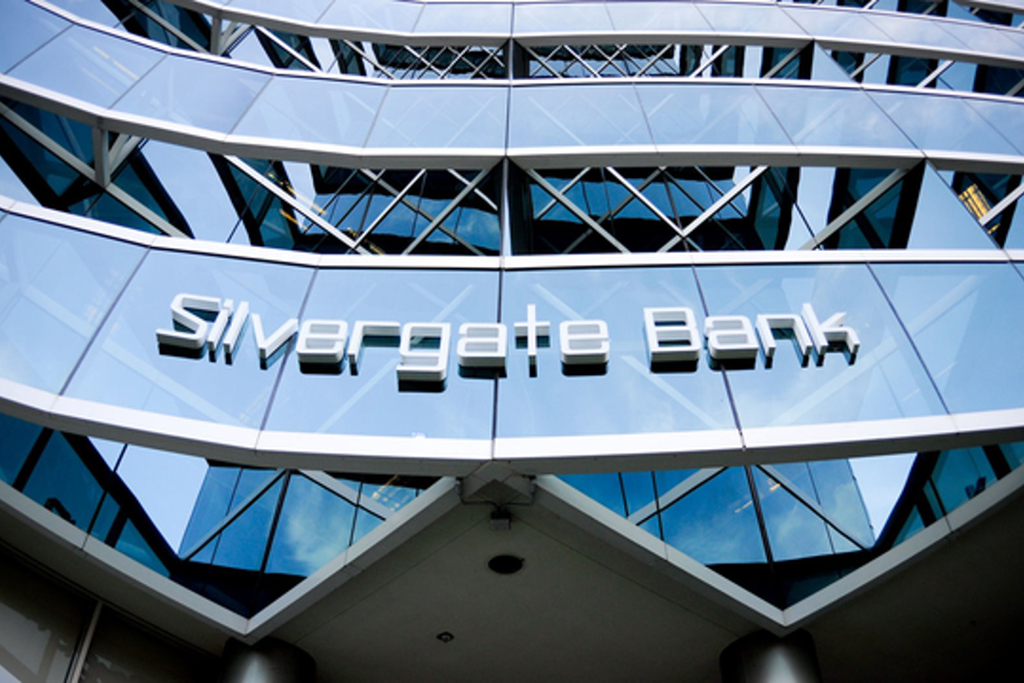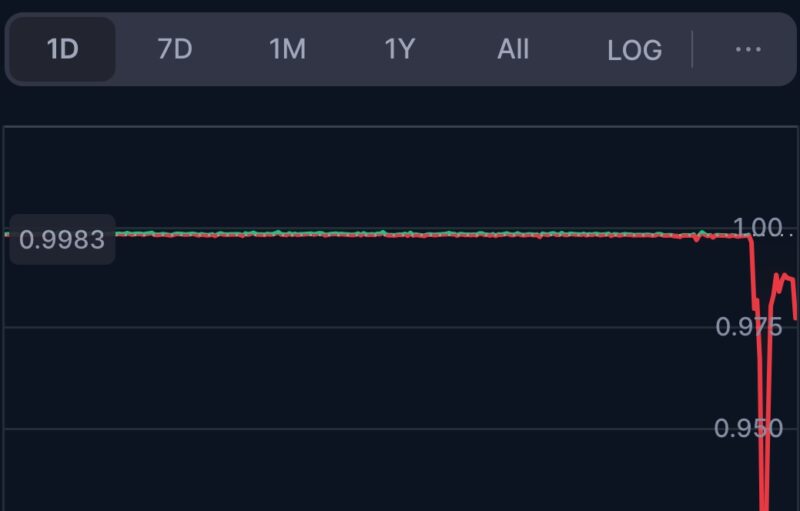
Photo: Silvergate Bank
Silvergate Capital Corporation, the corporation standing behind Silvergate Bank, recently filed an S1/A form with the United States Securities and Exchange Commission (SEC) where they note that they have found the niche of crypto loans attractive for them. They noted:
“We believe there may be attractive opportunities to provide digital currency borrowing facilities to deepen our high quality customer relationships and further enhance our interest income.”
Within the document the firm reveals that they believe there will be significant demand for this type of crypto-related borrowing. Basically, the service would consist of clients providing crypto assets or U.S. dollars as the collateral in exchange for a greater credit.
“[The bank will] set a conservative aggregate lending amount to refine the product, and will develop a risk framework to minimize risk and further develop lending models over time,” explained the company.
Additionally, the company shared anticipation towards offering crypto-related products to their institutional customers this year. Also, the bank revealed that their clients have been demanding to be more involved “in the custody and transfer of digital assets between customers”.
Silvergate Bank is considered to be a crypto-friendly bank since they have worked some of the early cryptocurrency startups like Kraken, Gemini, Paxos, and bitFlyer. The company also have designed a proprietary payments network, called SEN, which is specifically designed for digital currencies.
This, according to the company, would play a large role within the credits/loans product.
“For example, an exchange client could hold the digital currency collateral, we could use the SEN to initially fund the loan from our balance sheet, and in the event of a collateral deficiency, we could immediately sell the digital currency collateral through our exchange client and use the SEN to bring the resulting funds back to our balance sheet,” added the company.
Within the filing, the company also shows that payments through SEN have doubled since the last filing. It went from $4,1 billion in Q1 2019, to $8,6 billion in Q2 2019, which is a massive growth by more than a half. Also, in 2018, the company’s deposits which are derived from crypto customers have increased by 11,4%, or $150.4 million.
In general, the firm believes that the credit solution along with their payments system SEN will provide “greater capital efficiency for institutional investor clients that wish to transact without needing to move liquidity on and off different exchanges.”
The post appeared first on CoinSpeaker






